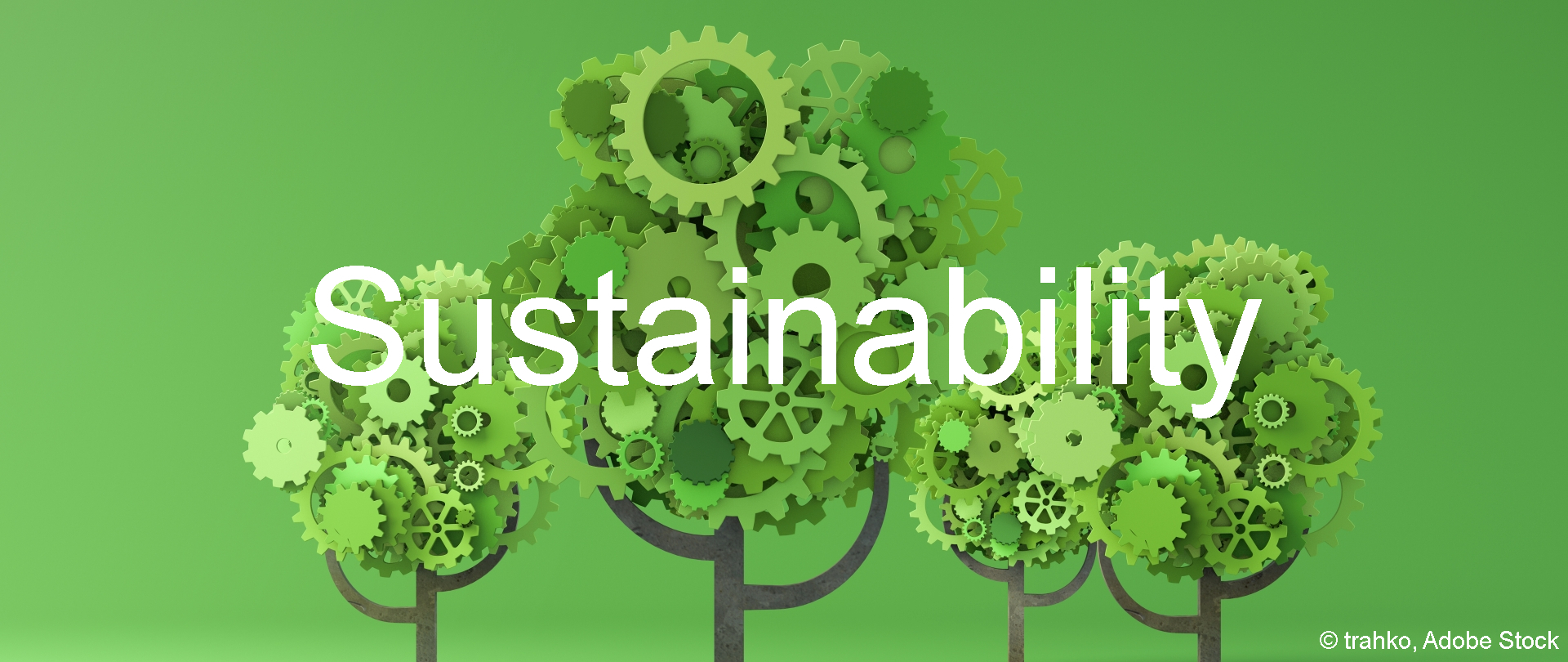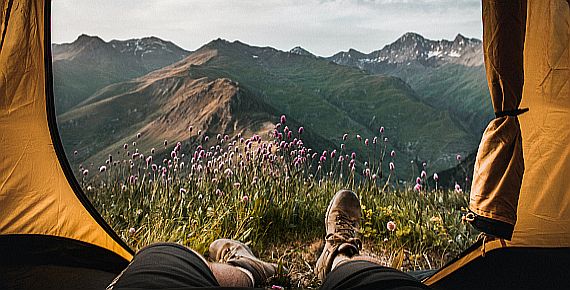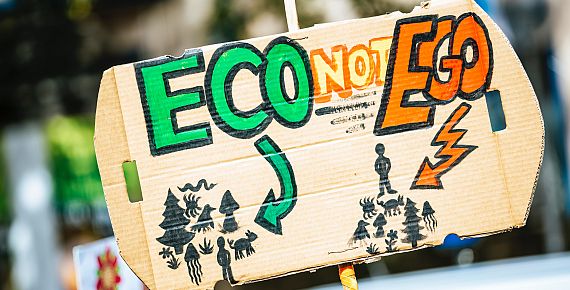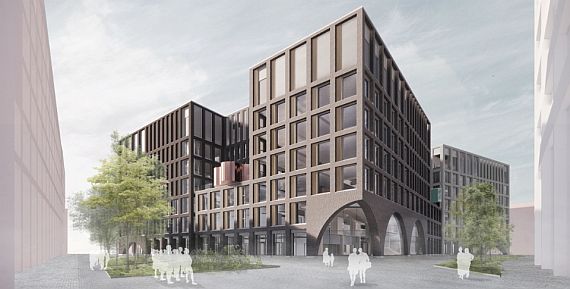
News & Stories
Vienna. Sometimes Euromonitor's new Sustainability Ranking puts European countries at the top, at other times it's certain other very small destinations or even exotic ones. Sometimes the rating is logical, at other times it's absurd. Sustainability cannot be squeezed into rankings either.
Berlin. Climate change: If greenhouse gas emissions remain high, the average duration of heat waves in lakes could increase by three months, and some bodies of water could even enter a permanent state of heat.
Newport Beach. Preferred Hotel Group announced the launch of Beyond Green. This hospitality brand debuts with a global portfolio of 24 founding member hotels, resorts and lodges that exemplify sustainable tourism leadership.
London/Amsterdam. Fridays for Future demonstrates again - a sign for the comeback of sustainable thinking. Under pressure from Corona, investors and hotel operators alike are increasingly recognising two levers for the successful hotels of the future: digitalisation and sustainability. The "Sustainable Hospitality Alliance", previously known as the International Tourism Partnership, presents itself in this new spirit. It has restructured itself and thus gained more freedom to help the industry. 14 hotel groups currently belong to it.
Augsburg. Before tourism gets back into full swing, the UNWTO and scientists are calling for a fight against the crushing plastic waste. The fight against corona is currently even contributing to the enlargement of this mountain of waste. The first hotel groups are already joining the "Tourism Plastics Initiative".
Vienna. Various surveys by tourism science institutes all over the world see a mega trend evolving resulting from the pandemic: travellers still want to travel, but much more sustainably. Nature and climate are becoming more important, and they will likely be enthused by local destinations more easily. One of the scientists' ideas is to even distribute tourism flows within a 3,000-kilometre radius.
Augsburg. Guests' desire for more sustainability is having an increasing impact on tourism. In focus today: Center Parcs opens with Green Key / Ikos Resorts is launching "Green Programme" / American Express filters travel according to CO2 / Plastic Bags made from vegetables / Varta guide saves food with Too Good To Go.
Amsterdam. Next November, world leaders were supposed to join forces at the COP26 in Glasgow to talk about achieving sustainability transformations in economies around the globe. But that was before the corona crisis. The international event has now been rescheduled for 2021, and one can wonder if sustainability is still a priority now. Experts and hoteliers share their thoughts with hospitalityInside.com as they discuss whether the pandemic is an opportunity or a risk for a sustainable transition. There is hope.
Hamburg. The Corona crisis has led to a real collapse in cruise bookings – the first cruise operators have already had to file for insolvency. Those willing to travel seem to be switching to a more environmentally friendly option instead: in domestic waters, on charter and preferably on sailing boats.
Frankfurt/Main. The EU is developing an action plan for sustainable finance, which will also have a serious impact on investment properties. This has already led to numerous activities among fund managers and property owners, and tenants are increasingly involved as well. This also affects hotel properties. But there are already good examples available. The real estate ESG Conference in Frankfurt also provided much up-to-date information and numerous insights apart from that.





